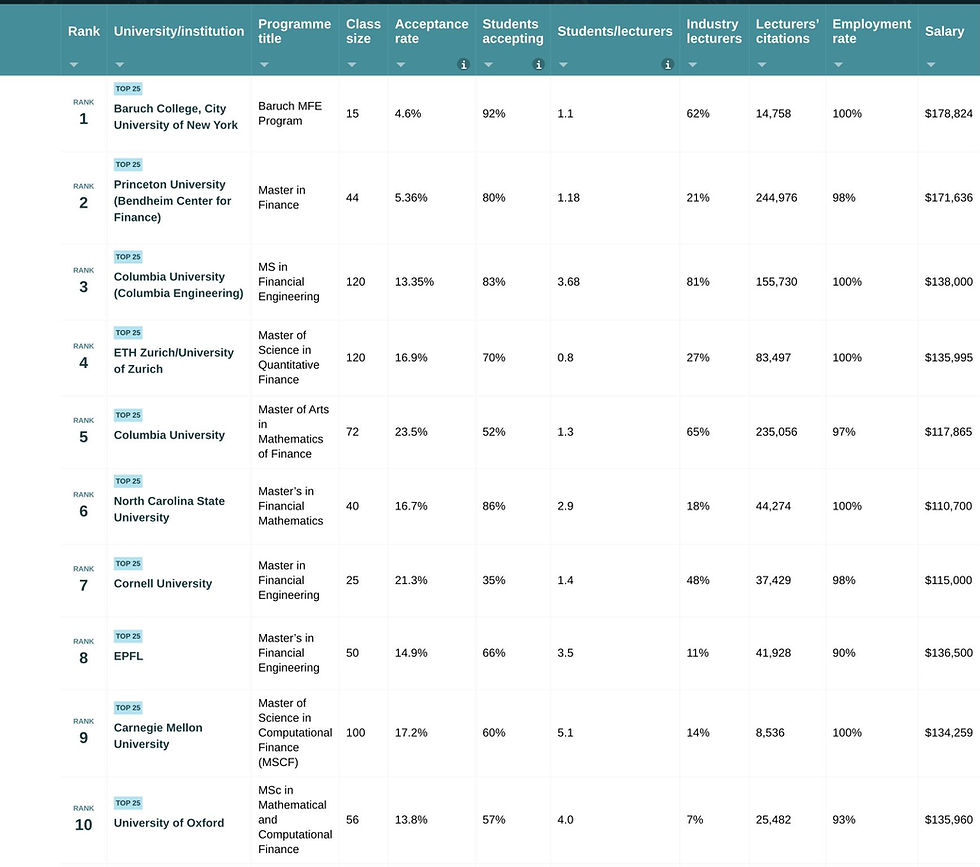SolitX: Smart Financial Contracts as a new approach to system support for banks
- Jonas Brammertz
- Feb 19, 2020
- 4 min read
Updated: May 21, 2021
The article gives a summary of key arguments from an independent review by the swiss core banking radar, an initiative sponsored by Swisscom - click here for a detailed review
SolitX and Analytx are the two components of the brand new “Core Banking Core” developed by the Swiss software provider Ariadne Business Analytics.
The Core banking core is a next generation banking system including:
- transaction processing and accounting functionalities (SolitX )
- all types of risk management analyses, simulations, ALM, and internal bank management and business planning (Analytx)
The core of Ariadne’s banking system digitizes all financial agreements existing between a financial institution and its counterparties independently of technology.
SolitX maps in a standardized way all financial products and expresses them into machine readable algorithms.
How is this possible? By using “Smart Financial Contracts”
Ariadne Business Analytics uses ACTUS (Algorithmic Contract Type Unified Standard, cf. www.actusfrf.org), a validated, algorithmic data standard to represent all financial products in algorithmic form.
In the ACTUS taxonomy, there are 32 elementary classes of financial contracts, known as “Smart Financial Contracts”.

How does it work?
A financial contract is no more than a legally regulated, prearranged exchange of cash-flows between two counterparties. It is therefore possible to express financial instruments into machine readable algorithms.
These algorithms reproduce the contract logic behind a financial agreement and are associated with the contract data and clear instructions to execute the contract at all times over its entire life cycle.
What is the added value?
The cash flow-based approach opens up a high potential for forward-looking dynamic simulations. On the basis of the contract rules, it’s not only possible to generate past transactions but also to anticipate future transactions (interest payments, principal payments, interest rate changes, etc.). This allows simulations to be displayed from the perspective of both the customer and the market. It is also possible to map strategies for products, product groups or entire business areas and test them based on different market scenarios.
Because the core of SolitX relies upon Smart financial contracts:
- SolitX provides shorter time-to-market for the development of new products. Financial products can be configured easily and efficiently using the Actus contract types.
- SolitX provides only the core functions that use a combination of contract logic and contract data for processing:
i.e. the processing of transactions, the booking engine, the integral risk and simulation analysis and the bank planning and control instruments.
- SolitX is deliberately designed to be open to all other functions that can work solely on the basis of financial contract data without contract logic. The open platform architecture with an API-based integration concept allows user-specific configuration and high scalability.
Contract information can be mapped in other applications. With the overview of all contracts, it is possible to get an overall view of all banking transactions at any time.
Any front-end system (such as a mobile banking app) using APIs can access the SolitX data architecture and contracts of the ACTUS-based core. This enables mapping of the business processes which relate to a financial contract.
- SolitX ensures interoperability, because it is independent of technology and therefore enables the use of DLT technology (Blockchain) via the appropriate adapter.

How does SolitX compare with competition?
Unlike the other well-known core banking system providers:the approach of SolitX does not aim to unite all functionalities in one core application but offers an open architecture to all other functions such as CRM, Wealth Management, KYC, AML or Payment, which can easily connect to SolitX in an API-based manner. The financial contracts are then controlled and executed via these linked applications.
Unlike the other providers of neo-core banking systems, Ariadne provides the option of processing securities transactions. Other neo-core banking system manufacturers have thus far avoided these functionalities because of their inherent complexity.
Unlike existing core banking system concepts, Ariadne’s architectural approach does not focus on customers and their transactions. Usually, master data, such as customer, accounts and securities account, is created in a typical core banking system. Transactions, such as payment orders or share purchases, are assigned to the customer, account and securities account. This enables an overall view of individual customers and their positions. In SolitX , the digital financial contracts form the basis of the architectural structuring. This means that the associated cash flows are triggered by the contractual mapping of the customer’s needs into individual products. The consolidated overall view of the individual customers and their positions is based on the composition of transactions they have made.
To sum up
Ariadne’s Core Banking Core is based on Smart Contracts and should not be seen as a standalone core banking system but rather as a linking system with the ability to manage and process contracts in a consistently standardized way. SolitX relies upon the integration of third-party systems (different providers) in order to cover the entire bank functionality.
Currently, SolitX covers the basic functionality for execution and processing of transactions, all functions (using the contract logic), like balance sheet analysis, risk management, ALM and business planning, and simulations are supported in the Analytx subsystem. All other functions such as consulting support, online banking, CRM, and even transaction monitoring, are covered through the integration with peripheral systems.Ariadne’s system differentiates from other systems because it covers extensive services in the financing and securities business (credit, payment and securities processing).
The article gives a summary of key arguments from an independent review by the swiss core banking radar, an initiative sponsored by Swisscom - click here for a detailed review



Comments